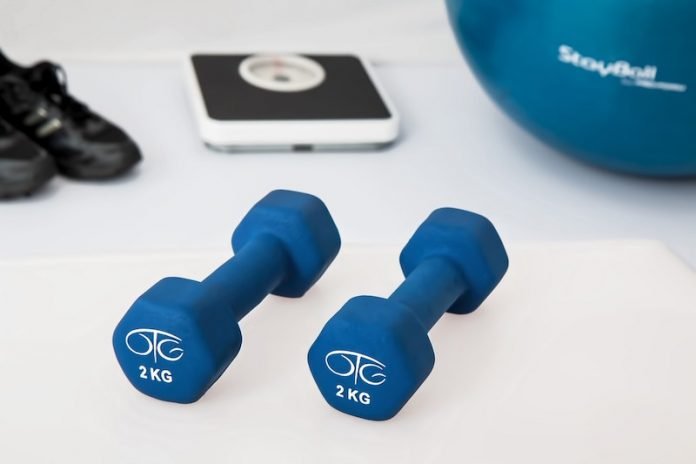
In a new study, researchers found that doing exercise after weight loss may reduce the risk of colon cancer.
They found that physical activity could lead to beneficial changes in the bone marrow.
The research was conducted by an international research team from the University of Ottawa in Canada and the University of Illinois at Urbana-Champaign.
Colon cancer is one of the most common cancers in the world. The occurrence of colorectal cancer is on the rise among young adults in the U.S.
Previous research has shown that obesity and sedentary lifestyles can increase the risk of developing colon cancer.
It also has shown that cells in the bone marrow that produce blood cells (hematopoietic cells) play an important role in the development of tumors in the colon.
However, it has been unknown how weight loss via diet and exercise could help change the process and reduce cancer risk.
In the current study, the team studied obese mice with colon cancer.
After two months of weight loss, while following the typical diet, half the mice were exercised daily and half remained sedentary.
The team found that even after weight loss, the sedentary mice had higher levels of colon and bone marrow inflammation as well as more fat tissue in the bone marrow.
In addition, the lack of exercise also caused inflammation-causing changes in the hematopoietic cells.
On the other hand, the mice that were exercised after weight loss had less inflammation and tumor formation.
The team suggests that obesity induces long-term changes in blood cell development and the bone marrow microenvironment.
Exercise could help change the process and reduce the risk of developing colon cancer.
People who are at higher risk of colon cancer should include exercise training with dietary interventions to reduce their cancer risk.
The study is published in the American Journal of Physiology-Endocrinology and Metabolism.
Copyright © 2019 Knowridge Science Report. All rights reserved.



